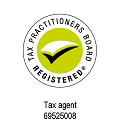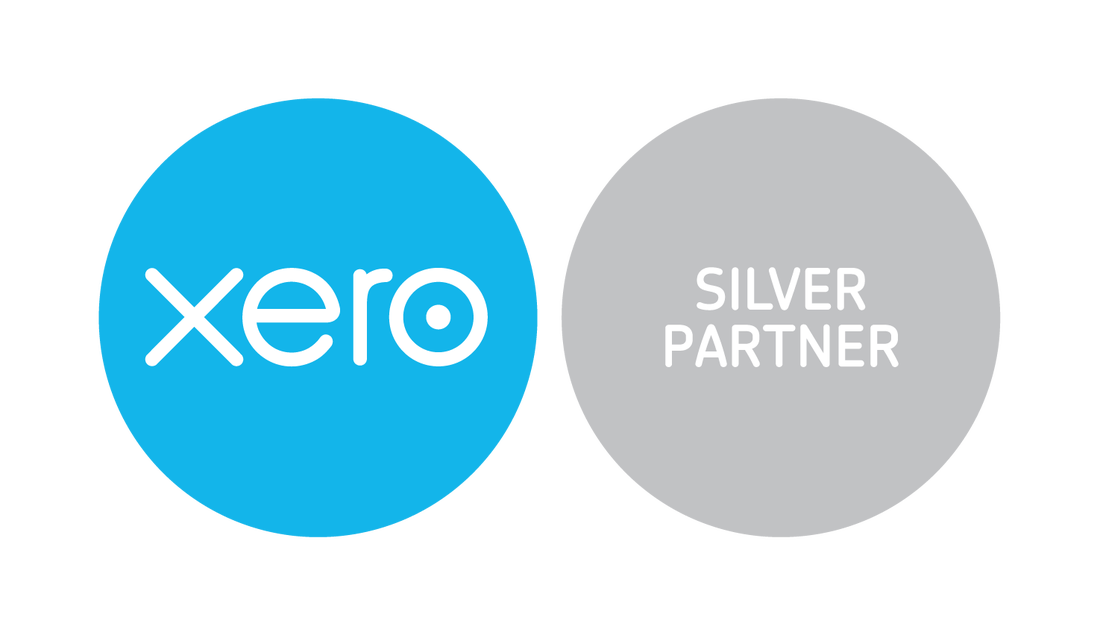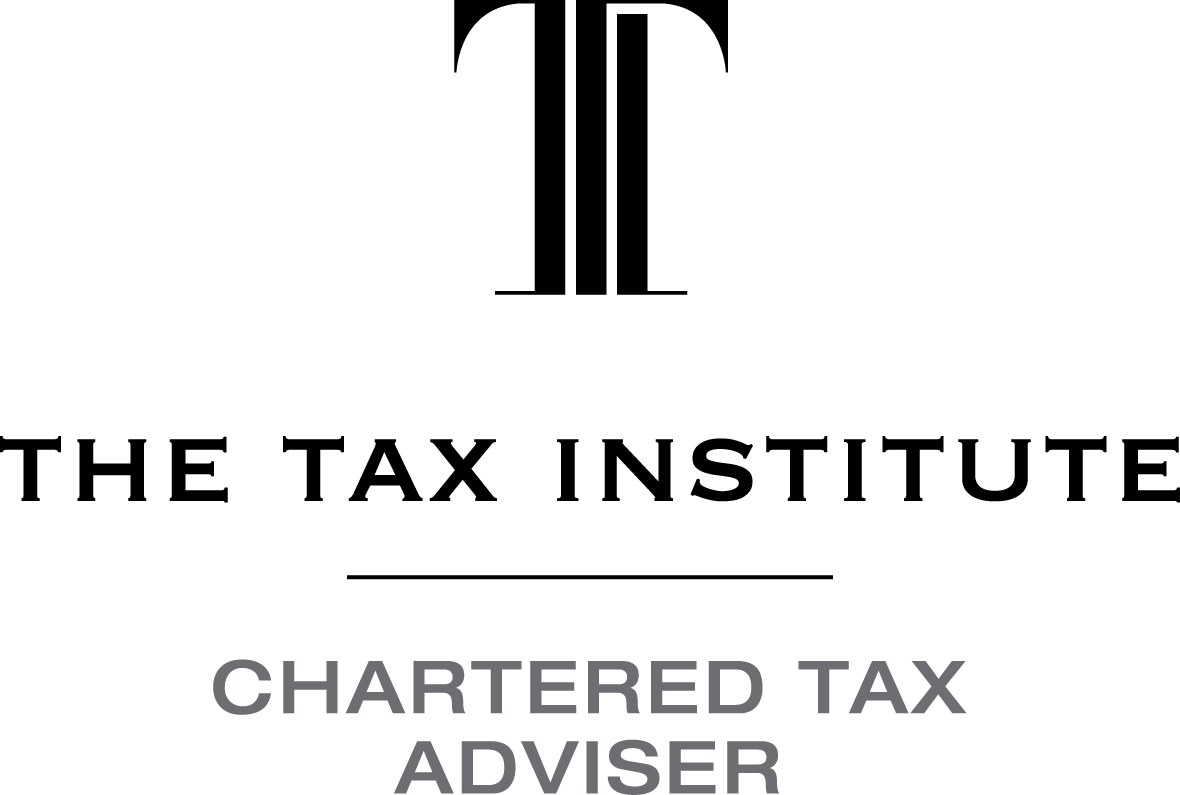Employee or Contractor? Problems with Superannuation Guarantee
Many employers fall foul of the superannuation guarantee (SG) provisions simply because they fail to correctly classify one or more of their employees. A recent court case ruling held that the workers in question who were engaged as independent contractors were in fact common law employees. This ruling was met with surprise by many employers/payers (and tax practitioners), partly due no doubt, to the prevalence of payers and workers who operate under the misguided belief that such a classification is largely a matter that can be agreed upon between the parties.
It is important to be aware that serious penalties apply where employers fail to make the correct SG payment (including paying a non-deductible SG shortfall amount plus an administrative and interest component). Furthermore, note that in some circumstances an unlimited amendment period applies for SG purposes.
This is sobering enough. However, the potential for adverse consequences is now even greater for Company payers following amendments to the law which potentially makes Directors personally liable for a Company's unpaid SG charge.
There is no doubt that determining the true nature of a relationship between a worker and a payer is inevitably difficult when entering into a contracting arrangement - is the individual working in their own business (if they have one), or in the business of the payer? If the worker has a business and is found to be working in that business, the person is likely to be a contractor; otherwise the person is likely to be an employee. The Courts have established various factors that might be relevant in addressing this question. For more information, please contact us.








